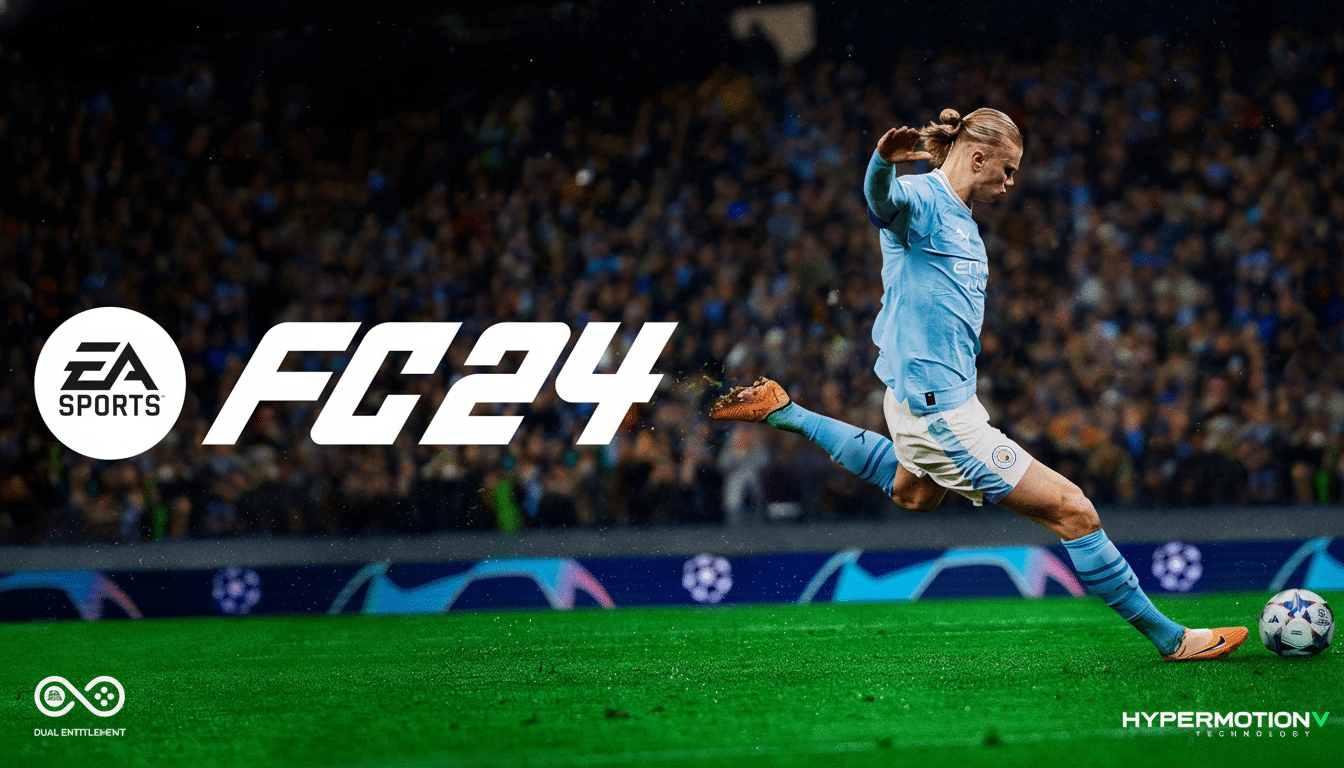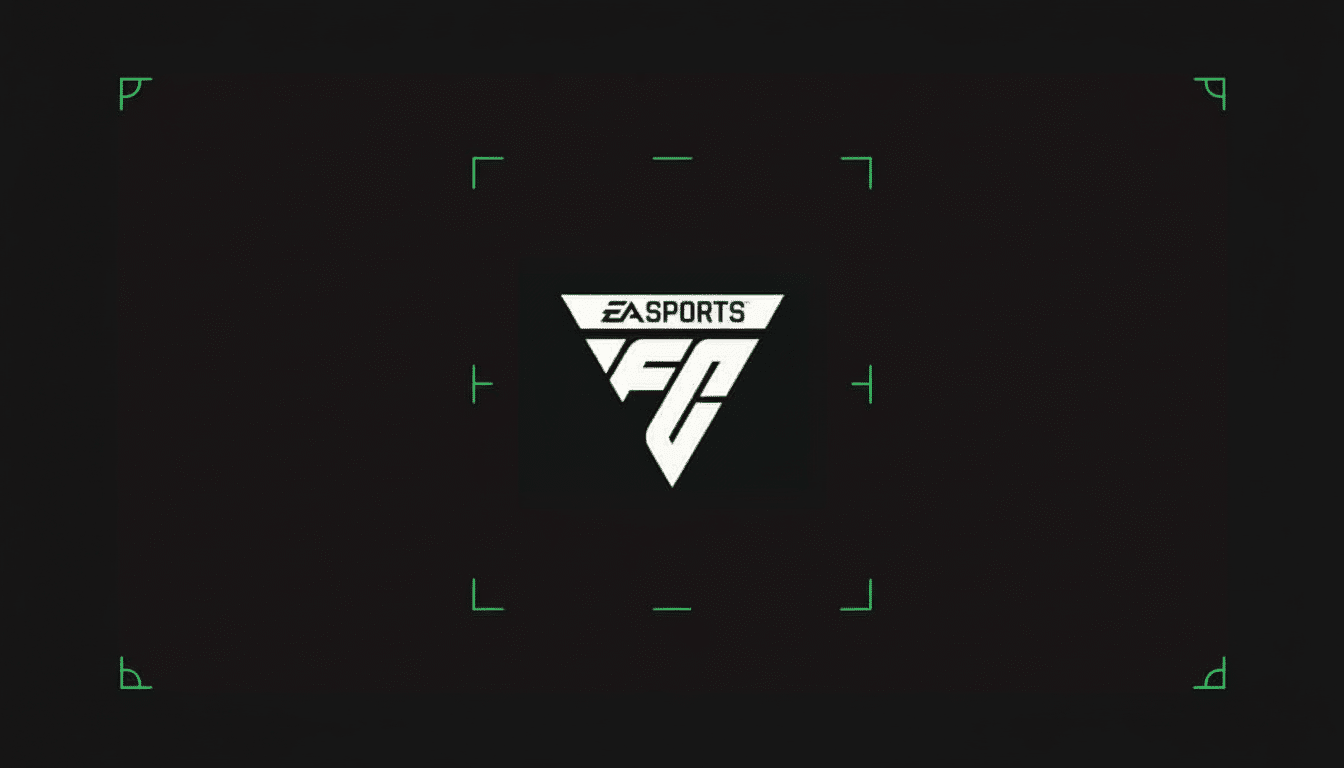Electronic Arts is said to be in advanced talks to go private in a deal that would value the company at approximately $50 billion and would be led by Silver Lake and involve Saudi Arabia’s Public Investment Fund, according to The Wall Street Journal. If completed, the deal would be one of the biggest leveraged buyouts ever and a momentous example of how video games have become big business, with always-on, subscription-based sales turning top publishers into prey for private money.
What a $50 billion take-private says about gaming finance
The transaction would easily dwarf the 2007 buyout of TXU and cement gaming as a mainstay of long-horizon tech investing. It does follow the industry-redefining acquisition of Activision Blizzard by Microsoft, but this deal is about financial engineering and operational sharpening under private ownership, unlike that strategic combination.
- What a $50 billion take-private says about gaming finance
- Why EA is a prize asset for those looking to buy
- How the deal could get financed amid shifting credit
- Geopolitics and regulatory scrutiny over the PIF stake
- What it means for players and partners across EA’s slate
- Market reaction, and what happens next if talks succeed

The market reaction was prompt: EA shares soared about 15% after the reports emerged, as investors anticipated a premium and had confidence that the company’s durable franchises could shoulder significant debt. Bankers and analysts had been pointing for months to the reopened leveraged finance market with both syndicated loan and private credit players ready to deploy money for cash-generative software or entertainment assets.
Why EA is a prize asset for those looking to buy
One of EA’s attractions can be found in its stable and its network penetration. Annualized sports games anchored by EA Sports FC (the successor to FIFA) and Madden NFL, along with ongoing live-service hits such as Apex Legends and The Sims make for a steady bookings base. In recent filings, EA says that live services account for about 70% of its business, a mix that ratings agencies like S&P Global have noted is leveling out through cycles.
It’s a loop that is fueled by enormous player ecosystems. Apex Legends has passed 100 million players worldwide, EA Sports FC draws tens of millions each season to Ultimate Team, and The Sims 4 has sustained a long tail through expansions and creator content. Subscriptions through EA Play and platform partnerships provide another stream of steady cash flow, which is exactly the profile acquisitive buyers covet.
For Silver Lake, which has led some of the biggest take-privates in media and technology, the thesis is familiar: double down on core franchises, control costs where they don’t impact the audience, and invest boldly in tools (improving the Frostbite engine), live ops and cross-platform infrastructure that increase lifetime value without being entirely dependent on new launches.
How the deal could get financed amid shifting credit
Though terms have not been final, a $50 billion valuation suggests a complicated capital stack. Traditional LBOs of software companies and gaming firms have been levered 5x to 7x EBITDA previously, according to S&P Global’s research with PitchBook. That math means debt financing all-in is likely to reach tens of billions of dollars, possibly more than $25 billion, with the remainder being funded with equity from the sponsor group and co-investors.
Depending on the direction of interest rates, you would expect a combination of term loans and high-yield bonds, and potentially private credit tranches as well as preferred or structured equity. The exact makeup of the consortium matters: while the PIF link means deep pockets through Savvy Games Group’s mandate to invest tens of billions in gaming, it also adds another layer of scrutiny in Washington.

Geopolitics and regulatory scrutiny over the PIF stake
There seems little antitrust risk — this is not a horizontal merger cutting out another direct competitor — but national security review can be something different. Any PIF transaction is likely to be subject to scrutiny by the Committee on Foreign Investment in the United States, which tends to focus on data leakage, governance rights and access to information. Recent sports and entertainment deals involving PIF have seen regulators seeking explicit protections and ring-fencing guarantees.
Legal experts said remedies could include restraints on board representation, pledges around U.S. user data and operational independence for sensitive functions. None of these are insurmountable on their own, but they add to the timeline and change the economics — especially if financing markets move between now and when approvals come in.
What it means for players and partners across EA’s slate
For gamers, a take-private generally doesn’t result in different titles on the shelf tomorrow. The larger issues are strategic: will private owners ramp up investment in live-service operations, creator tools and competitive modes or press harder on monetization? EA’s sports partnerships — from the N.F.L. to global soccer leagues post-EA Sports FC shift — are long-term and embedded efforts; the base case is continuity.
Internally, expect sharper portfolio choices. The industry has endured a difficult year of restructuring; often in these circumstances, private equity backers pour on pressure at the hit factories, prune experiments that aren’t catching on and concentrate bets on engines and studios with sustained throughput. That can translate into quicker iterations of fan-favorite modes, though it also might mean less risk-taking at the margins.
Market reaction, and what happens next if talks succeed
Investors are discounting the premium meaningfully and a high probability of a signed agreement, but an LBO of this size has multiple choke points: syndication, ratings outcome and regulatory clearance foremost among them. Credit markets are open now; they may not be later. It would tip off ratings agencies, who’d surely put EA on watch for a downgrade on account of the higher leverage — in which case, the cost of capital goes up in the event of slimmed margins and a protracted closing.
The reported bid underscores a wider fact: the best-run live-service platforms in gaming dwell on a plane more resembling infrastructure than hit businesses. In a world that is still sorting out post-pandemic demand, such predictability is worth a lot. Whether this deal closes or not, it’s a potent sign that established game publishers are now smack in the middle of a second wave of megabuyouts.

